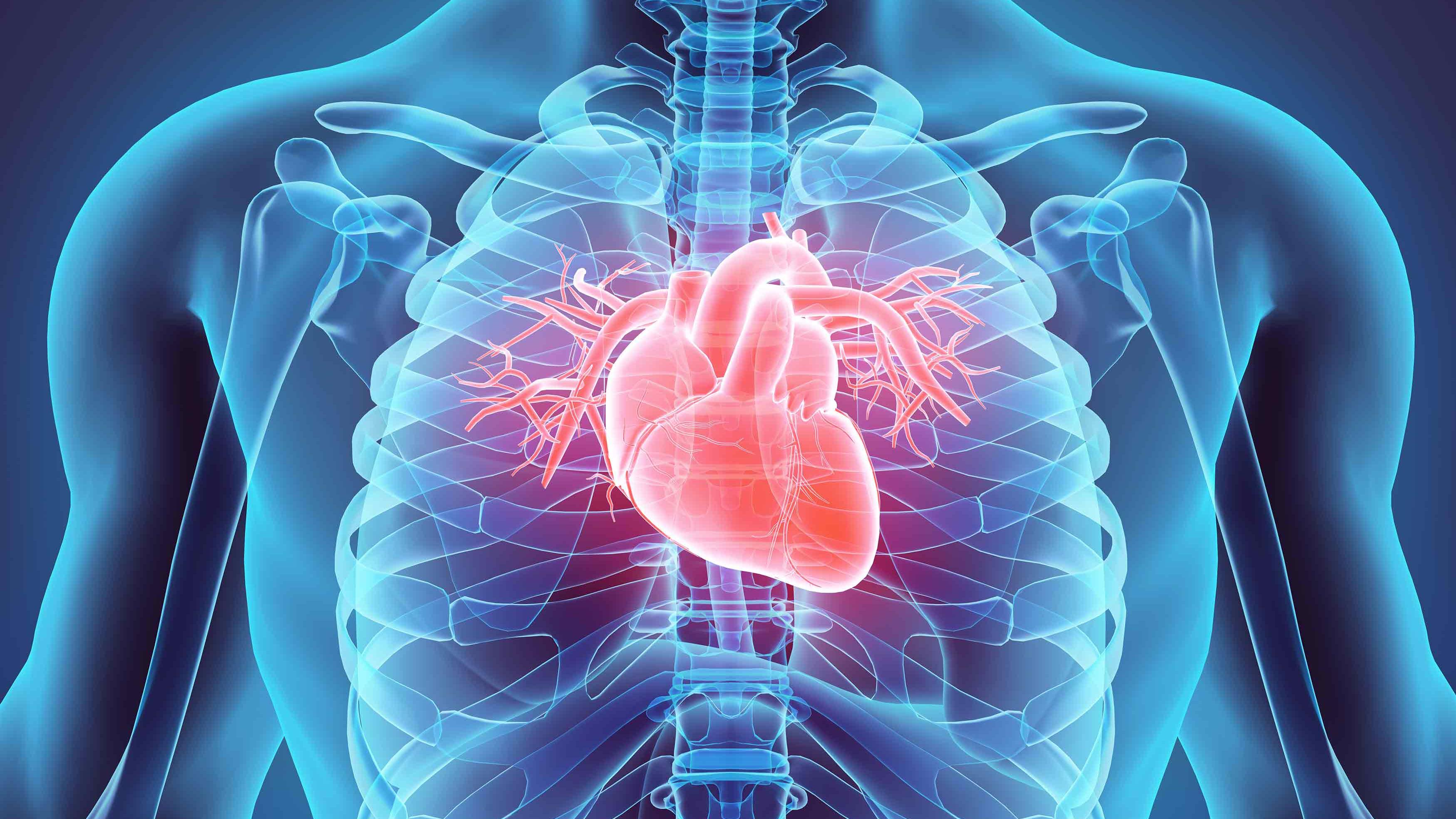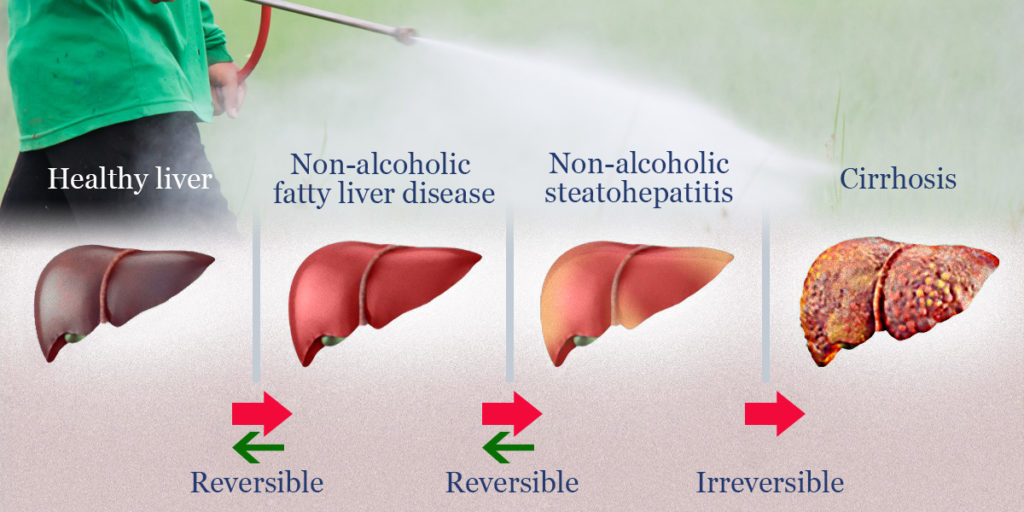There have been
some articles circulating in the common press suggesting that skipping
breakfast may be detrimental to your health – specifically CVD issues.
These articles
are based upon a recently published study: the latest report from the April issue
of the Journal of the American College of Cardiology: “Taken
together, these studies [showing a positive association between skipping
breakfast and CVD and CVD risk factors] as well as our findings underscore the
importance of eating breakfast as a simple way to promote cardiovascular health
and prevent cardiovascular morbidity and mortality.”
This assertion
would of course seem counter-intuitive to those of us who incorporate
intermittent fasting into our lifestyle.
For those of you
who are practitioners, this topic may come up if some of your patient
population has read any of these articles.
Peter Attia MD
wrote a great rebuttal to this commentary.
Peter hosts a
great podcast and sends out a weekly newsletter article – here is his
website:
Home – Peter Attia Peter Attia
explores strategies and tactics to increase lifespan, healthspan, and
well-being, and optimize cognitive, physical, and emotional health. “If
you want to know how to live longer, and how to live better, you should be
listening to Peter. peterattiamd.com
Here is the content from his newsletter article countering the conclusions of this paper.
(as with many of
these types of studies, some key issues included the fact that it was an
observational study, bias, confounding factors).
Greetings –
Nota
bene: I was pretty
pissed off when I wrote this, but don’t let my annoyance detract from the
message. Bad science is an abomination. Incompetent news reporting on bad
science is worse.
You’ve probably
heard that breakfast is the most important meal of the day. “What is less
commonly mentioned,” writes Alex Mayyasi in The Atlantic,
“is the origin of this ode to breakfast: a 1944 marketing campaign launched by
General Foods, the manufacturer of Grape Nuts, to sell more cereal.”
Seventy-five
years later, here’s the latest report from the April issue
of the Journal of the American College of Cardiology: “Taken
together, these studies [showing a positive association between skipping
breakfast and CVD and CVD risk factors] as well as our findings underscore the
importance of eating breakfast as a simple way to promote cardiovascular health
and prevent cardiovascular morbidity and mortality.”
What were the
findings? Let’s look at a few newspapers:
- “Want to
Lower Your Risk for Heart Disease? Eat Breakfast Every Morning” (Healthline)
- “Eating
breakfast? Skipping a morning meal has higher risk of heart-related death,
study says” (USA TODAY)
- “Study:
Skipping breakfast increases risk of heart disease mortality by 87 percent
(FOX)”
(You may notice
that all three headlines imply causality.)
Looks like
General Foods was right. Time to reach for the Lucky Charms? Perhaps it’s time
to put on our critical thinking cap instead. The actual study, and the media
coverage of it, is a part of the Groundhog Day that is
observational epidemiology (for more on the limitations of this type of
research, check out Studying Studies: Part II).
This was a prospective cohort study pulling data from NHANES III, looking at
people who reportedly eat breakfast every day to people who never eat
breakfast, and then following up with them (about 19 years later on average),
tallying up the deaths from CVD and deaths from all causes.
One question to
ask about the population studied is: was eating breakfast or not eating
breakfast the only difference between these two groups? In other words, were
there any confounding factors (for more on confounding, see Studying Studies: Part IV)?
The authors reported that, “participants who never consumed breakfast were more
likely to be non-Hispanic black, former smokers, heavy drinkers, unmarried,
physically inactive, and with less family income, lower total energy intake,
and poorer dietary quality, when compared with those who regularly ate
breakfast.” Not only that, “participants who never consumed breakfast were more
likely to have obesity, and higher total blood cholesterol level than those who
consumed breakfast regularly.” They also had a higher reported incidence of
diabetes and dyslipidemia. Read that again, please.
While the study
used statistical models to “adjust for” many of these potential confounders,
it’s extremely difficult (actually, it’s impossible) to accurately and
appropriately adjust for what amounts to fundamentally different people. The healthy user bias (or the
inverse, an unhealthy user bias) is virtually impossible to tease out of these
studies (the healthy user bias is covered in more depth in Studying Studies: Part I).
Not only that, you never really know what you’re not looking for. This is
typically referred to as residual confounding
in the literature, where other factors may be playing a role that go unmeasured
by the investigators.
I haven’t even
yet mentioned the misleading nature of reporting relative risk — in this case,
an associated 87% (reported in the study as a hazard ratio of 1.87) — without
reporting absolute risk. The question you should always ask is, 87% greater
than what? To get an idea of the associated absolute risk, the number of
CVD deaths in the “every day” breakfast group were 415 out of a total of 3,862
people over 16.7 years (that’s an unadjusted rate of 10.7%) while the numbers
for the “never” breakfast folks were 41 CVD deaths out of a total of 336 people
over 16.7 years (unadjusted rate of 12.2%). That’s an absolute difference of 1.5%
over almost 17 years (annually, this is an absolute difference of 0.09%).
Granted, this is before adjustment of the myriad confounders (including the
biggest “risk factor” for CVD death, age, in which the “never” breakfast
group was younger on average at baseline), but it gives you an idea that we’re
looking at small differences even over the course of a couple of decades. This
looks a lot difference on paper than an associated 87% increased risk of CVD
death. (For more on absolute risk and relative risk, see Studying Studies: Part I.)
There’s more:
- What were the participants actually eating for breakfast? We don’t know. The investigators didn’t have information about what foods and beverages they consumed.
- Did participants change their breakfast eating (or abstaining) habits over the course of almost 20 years? We don’t know. Information on breakfast eating was only collected at baseline.
- Could there be errors in the classification of the causes of death in the participants? It’s possible.
- What constitutes skipping breakfast? Was it the timing of the first meal of the day? We don’t know. Participants were asked, “How often do you eat breakfast?” but there was no definition of what that means, exactly.
What’s more
likely: reported skipping breakfast was a marker for a lifestyle and
environment that may have predisposed these people to a higher risk of CVD
death or that skipping breakfast itself causes CVD death?
Go ahead and skip
all the breakfasts you want. And please forward this to the next 10 people who
tell you it’s unhealthy to do so.
– (Pissed off)
Peter
For a list of all
previous weekly emails, click here.
podcast | website | ama





